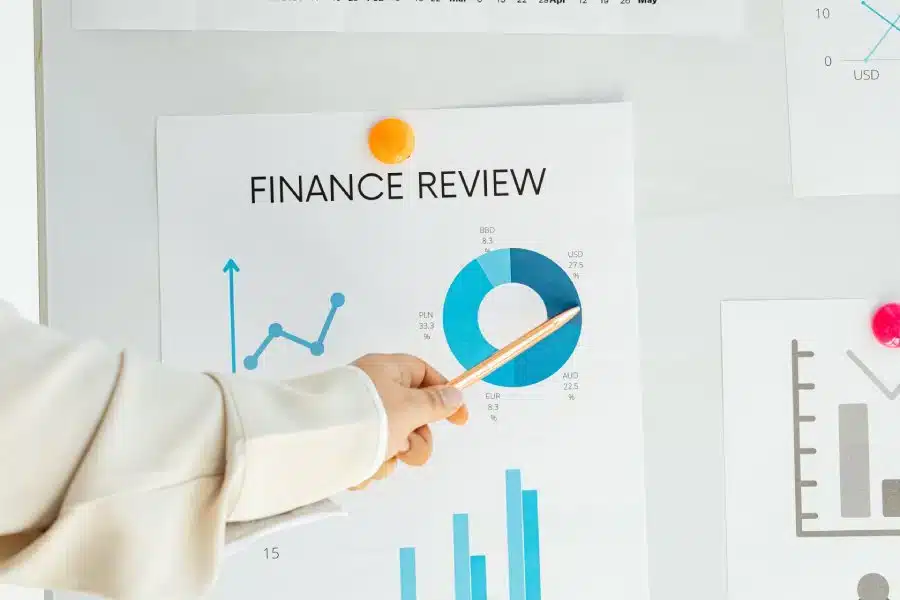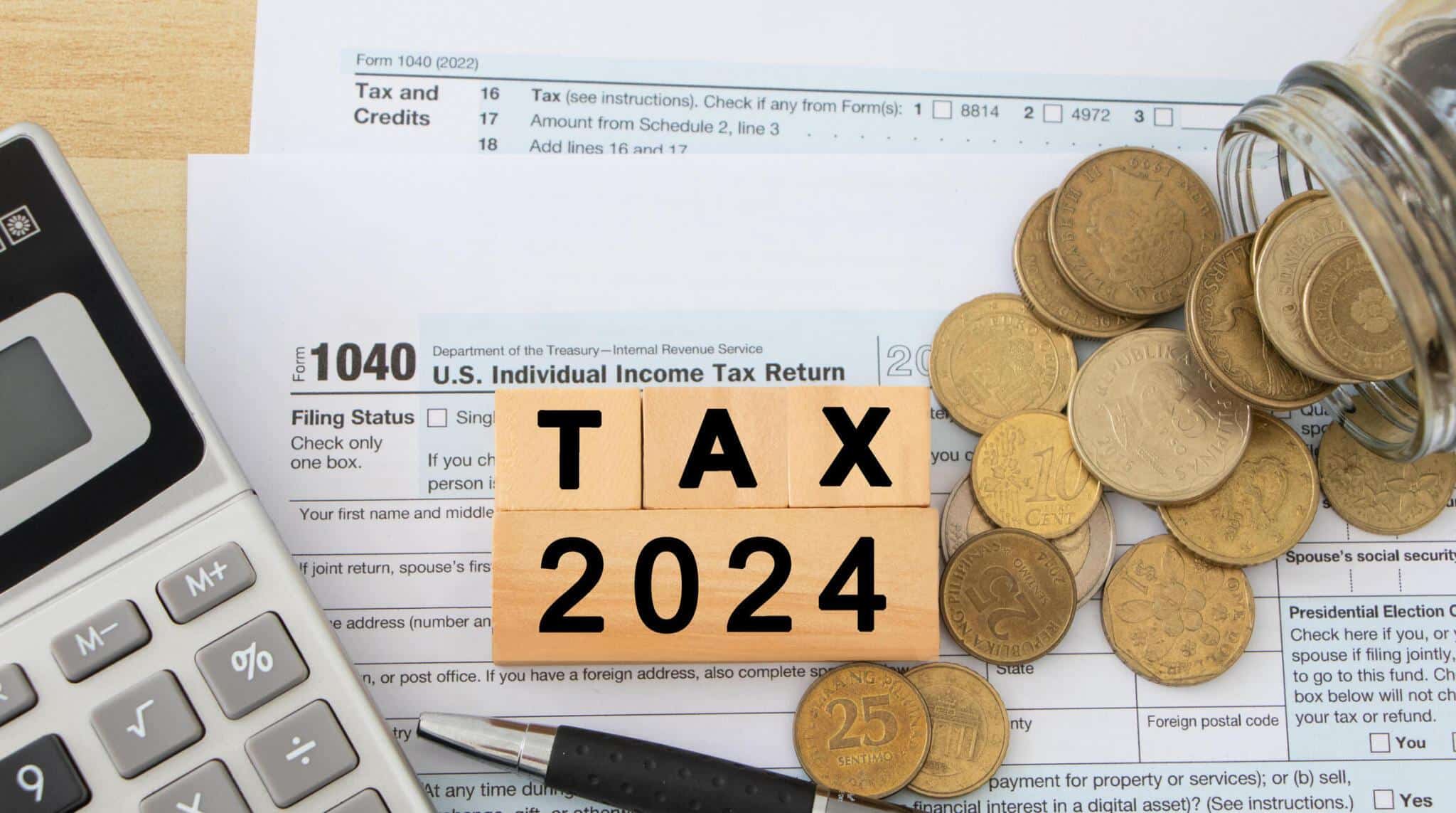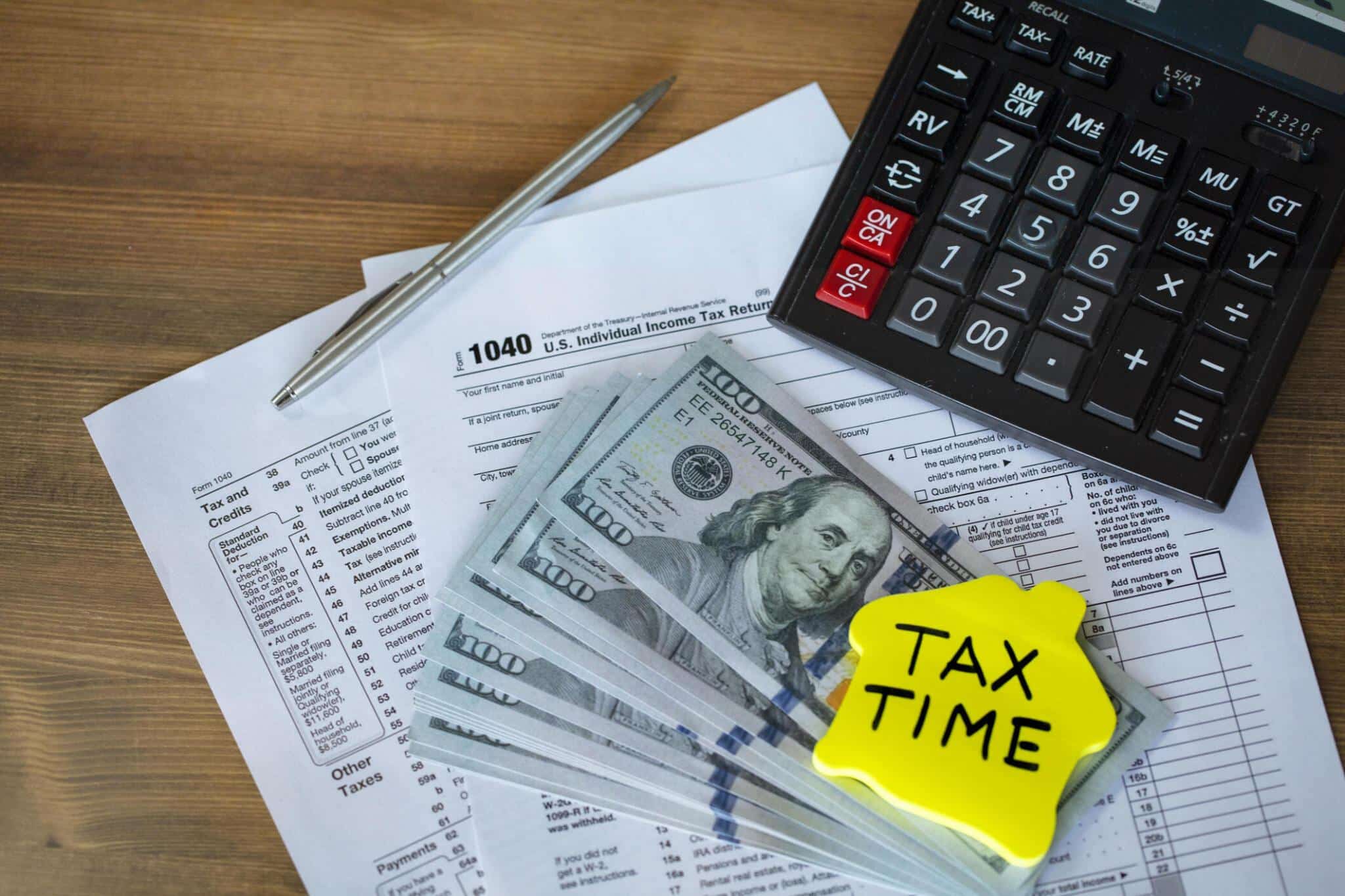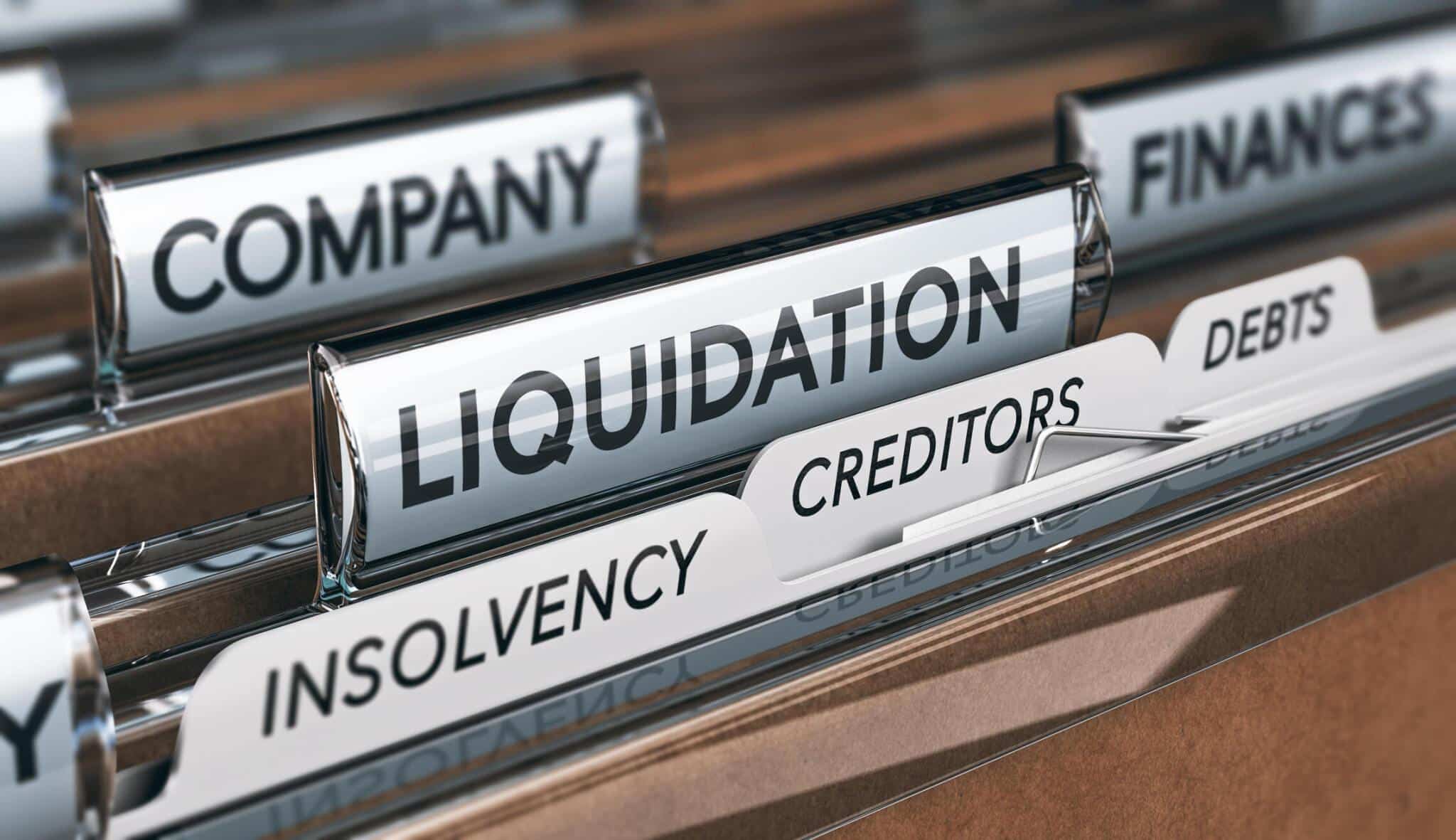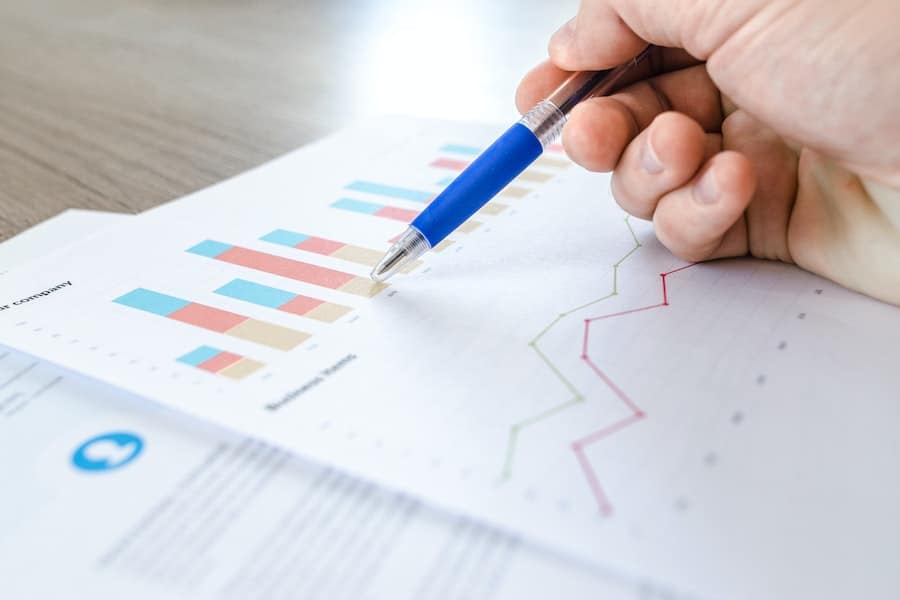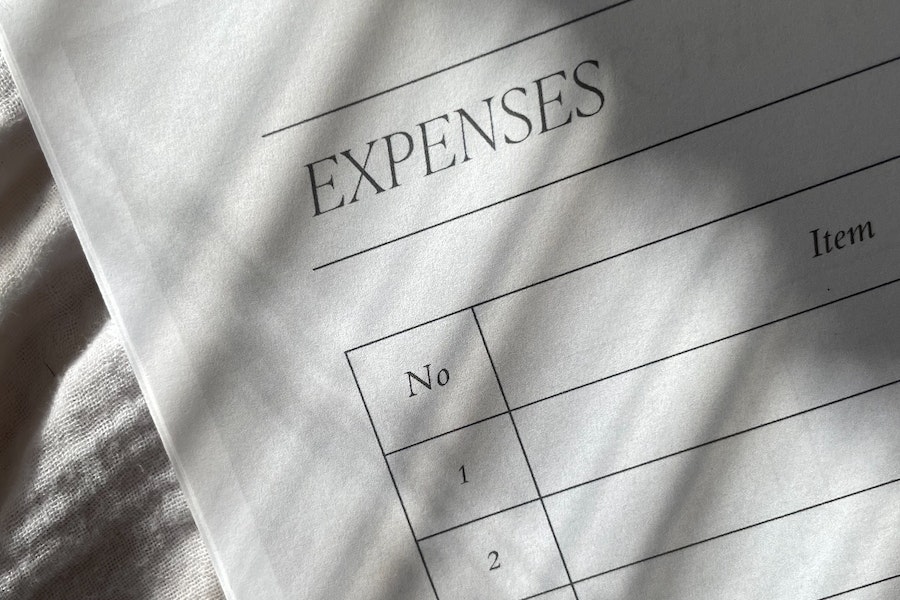The end of the financial year is rapidly approaching and it’s time to do some preparation so you can reduce your tax bill and get through the tax accounting process with less stress.
Here are some steps to help you get organised ahead of June 30th.
Review and update your financial records
The first trick in tax planning is to get your paperwork in order. If you have been using a bookkeeper this should be simple, but if not, now is the time to make sure you have copies of all your receipts and invoices to share with your accountant.
Ideally, you will have a separate bank account for your business expenses. This will make it easier to review and itemise your incomings, outgoings and profits. You can share your account statements with your accountant without the need to itemise business and personal expenses.
Pay all your bills
Now is the time to square all those accounts and pay as many bills as you can so you don’t end up being taxed on money that you need to spend.
By paying bills and making purchases ahead of the end of the financial year, you’ll be able to reduce your business’s taxable income. You may even decide to get a couple of months ahead of some payments if you can, although you need to think about how this will impact your future tax returns.
Put off incoming payments
On the other hand, if you can put off receiving payments by sending invoices out after July 1st, you can also successfully reduce your taxable income. Again, it depends on how you want your business performance to look for this financial year vs the next one.
- – Buy and start using assets before June 30th
If your business needs machinery, vehicles or any other type of asset, now is the time to buy. The timing means you may be able to take advantage of end of financial year sales and pay a lower cost.
As part of your tax planning, you also need to think about recent updates to the Instant Asset Write Off Scheme because this may affect the amount you can spend on an asset and mark as an instant write off for the financial year. Incoming changes are set to make this trickier for small business, so get in touch to find out if you should make a purchase before July 1st.
- – Maximise deductions and rebates
Take advantage of available deductions and rebates to minimise your tax liability. Ensure you are aware of the deductions specific to your industry or business type.
The ATO allows you to claim:
-
- – Operating costs
- – Training courses
- – New assets
- – Safety expenses
- – Asset depreciation
- – Fuel expenses
- – Bad debts
Your tax accountant can explain exactly what you can and can’t claim in your industry but you need to be able to provide records so don’t forget to keep receipts.
- – Think about superannuation
As a sole trader or business owner, you’re responsible for paying yourself superannuation. If you haven’t kept up with your payments over the year, make a contribution to your account by June 30th and you’ll avoid paying tax on this money (to a point; there is a cap on the contributions you can make).
The other thing to keep in mind is that the super guarantee for employees will change in the new financial year. If you have staff, you will have to pay them an extra half a percent starting from July 1st. This increase is something to factor into your new financial year planning.
- – Track your capital gains and losses
Your business profits aren’t the only thing you pay tax on. Your tax accountant will also need to hear about capital gains and the loss in value of any assets. Even cryptocurrency can be taxed now, so be upfront about all income sources in order to avoid being questioned or audited by the ATO.
- – Book a planning appointment with your tax accountant
Talk to your tax accountant ahead of the end of the financial year and you will be able to make strategic decisions based on your business expenditure, income, needs and goals.
Don’t wait until the financial new year to start thinking about your tax return. Contact Mobbs & Co to start your tax planning today. We have offices on the Sunshine Coast, in Brisbane and in Caboolture.
